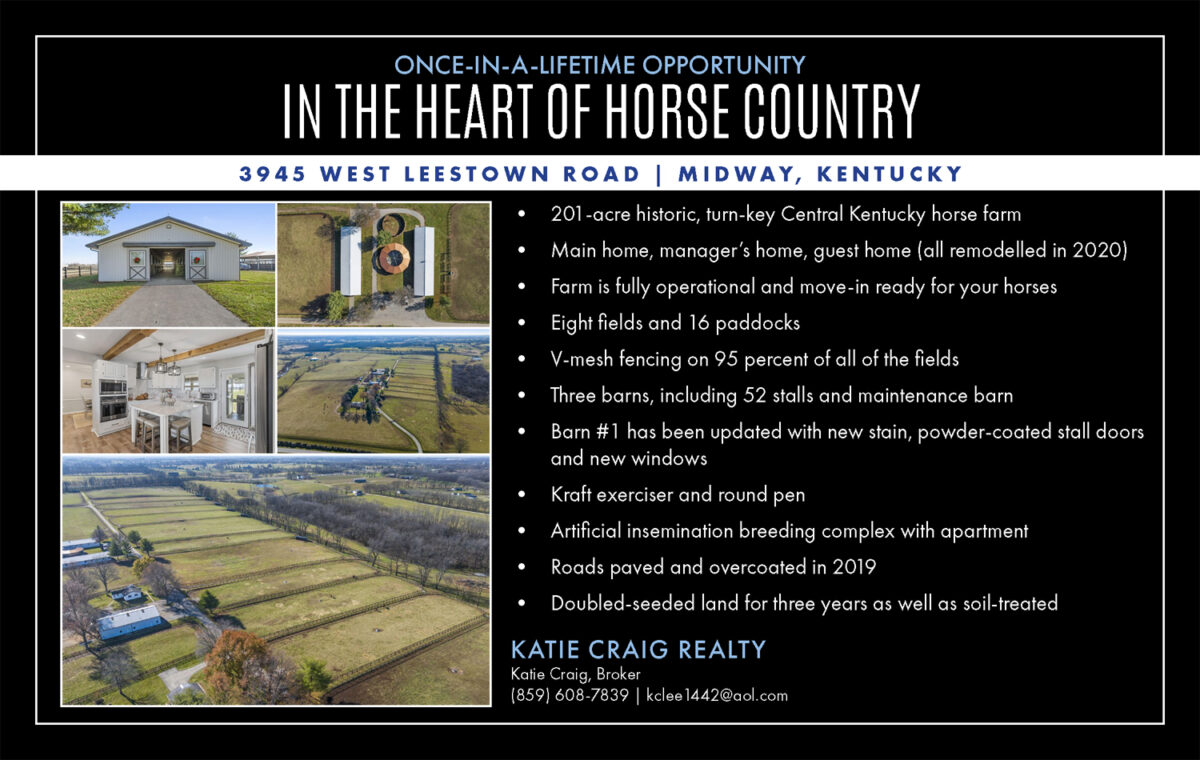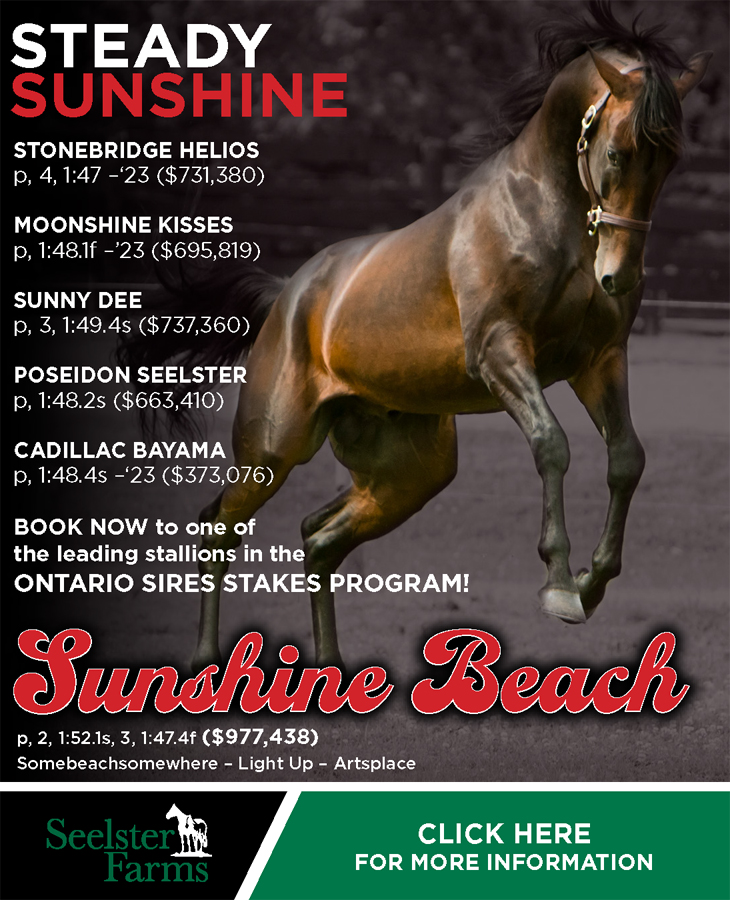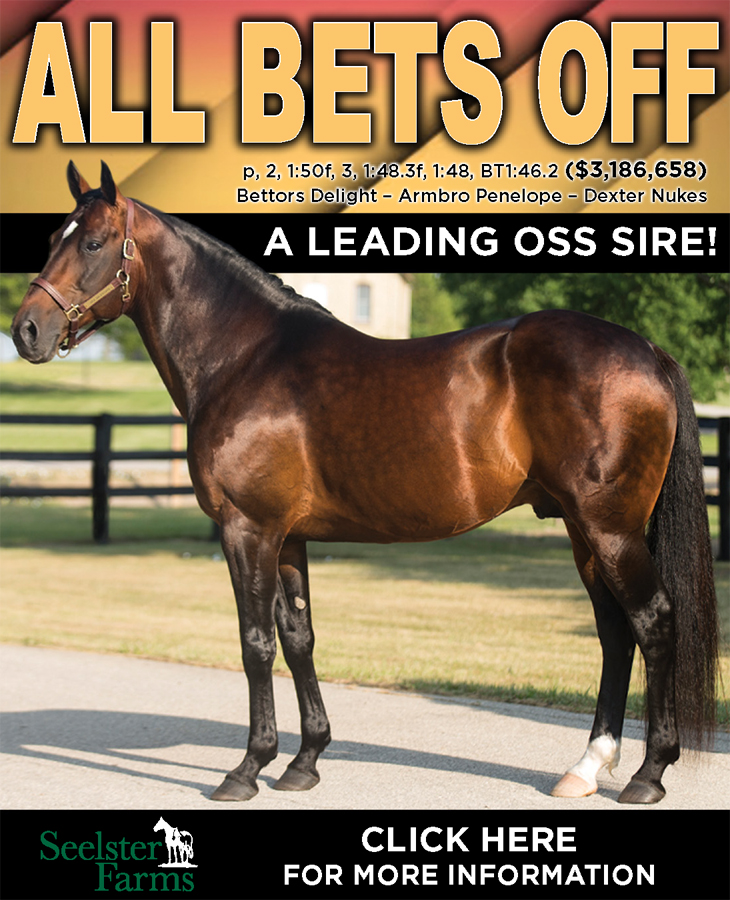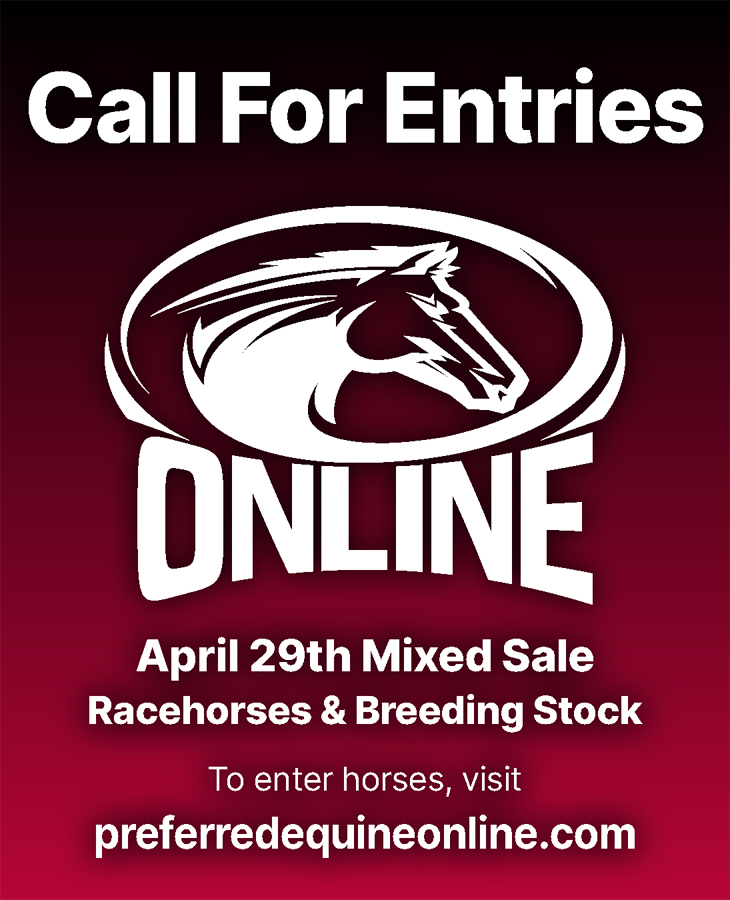

Racing, a business for pleasure
by guest columnist Franklin Minor
Business start-ups are dreams marinated in hard work, planning, and preparation. Some dreams come true, and some do not. Every business start-up seems like a good idea, but the world of commerce often teaches harsh lessons. Still, chasing a business dream holds a great fascination for a particular personality type.
In 1991, I entered the print publishing business. Objectively, this was a terrible idea. Print publishing was great in the 1930s, not so great in the 1990s, and headed for disaster in the new century. More red flags were flying than at a Chinese parade.
My experience in the publishing business was zero. Research showed that one in ten new American companies failed in the first year (worse in publishing). In addition, my finances were sparse, I had a wife and infant daughter, and I would be competing against other individuals who had resources and years of experience. Dozens of additional reasons screamed that I should set aside my pipe dreams and pursue less risky paths.
In publishing, one of the challenges was the trajectory of the entire industry. I was playing in a field ebbing in popularity. New competitors, new tastes, and new delivery forms were lining up that could crowd me out of the picture. Success has always been problematic in publishing, but the print field was drying up as quickly as the Serengeti.
Like countless thousands of Americans, I did not listen. Like moths to the light, something propels us to jump into the pool of entrepreneurs. We believe we can make our business a success. We think we’re a little more imaginative, a little luckier, and a little harder working. We believe we have a better business model or a rejuvenated product. And we think we will succeed where others have failed.
Some of us are stubborn. When told that we can’t enter a business, that advice is a prod, not a prohibition.
The publishing business was indeed a challenge. Research and study took time, and each day brought new decisions. There were many new fields to plow: budgets, markets, supply, demand, hiring, business models, purchasing, and selling. Some of my new ideas were not so new and not so great but meeting new people and traveling new roads made each day a new adventure.
The close of the first year found me excited to try the second year – eager to eliminate parts that held me back and bolster positions that worked out well. I was excited to try new strategies. For me, money was not everything. I did not put my daughter’s inheritance at risk or borrow money. The publishing business was about a challenge, learning, and competition. I enjoyed it. Eventually, it became a wonderful part of my life.
If you reread the above few paragraphs and substitute the words harness racehorse ownership each time you see publishing business, you will see the point I am trying to make.
After some success in publishing, I invested some of my earnings toward the sport of harness racehorse ownership, another territory where I had little knowledge and zero experience. Entering the horse racing game 20 years ago was a mystery. The ownership and breeding worlds were insular and confusing. The entrance to the sport was daunting for a person who possessed very scant knowledge of a complex game. In the pre-Internet age, finding answers to complex issues was a challenge.
While the harness racing ownership game remains endlessly intriguing, technology has made access remarkably easy. You can get into the game with a laptop and a smartphone.
For business-minded people, the motivating principles that inspire you every day are imminently transferable to the world of racehorse ownership. Each foal raised and each yearling purchased is a small business that faces long odds. Approximately two out of ten horses will be successful financially, a small percentage will be moderately successful, and one in a thousand horses will earn a considerable profit.
As a horse owner, you buy, sell, hire, fire, invest, divest, select, diversify, liquidate, or any other business verb you want to insert. You think you can beat your competition. You believe you will be one of the few who make it work and make a profit. Owning a young racehorse is a hybrid; part sport, part business, part hobby, and lots of fun for business-oriented people.
These days retired business folks are on every corner. Bored millionaires are on every block. Many people with money to burn are looking for new challenges. Should you fit in this category, have disposable assets, and want to get into harness or back into harness, you might want to try to beat the odds and buy a yearling.
The barn door is open. Walking through can be fascinating.















